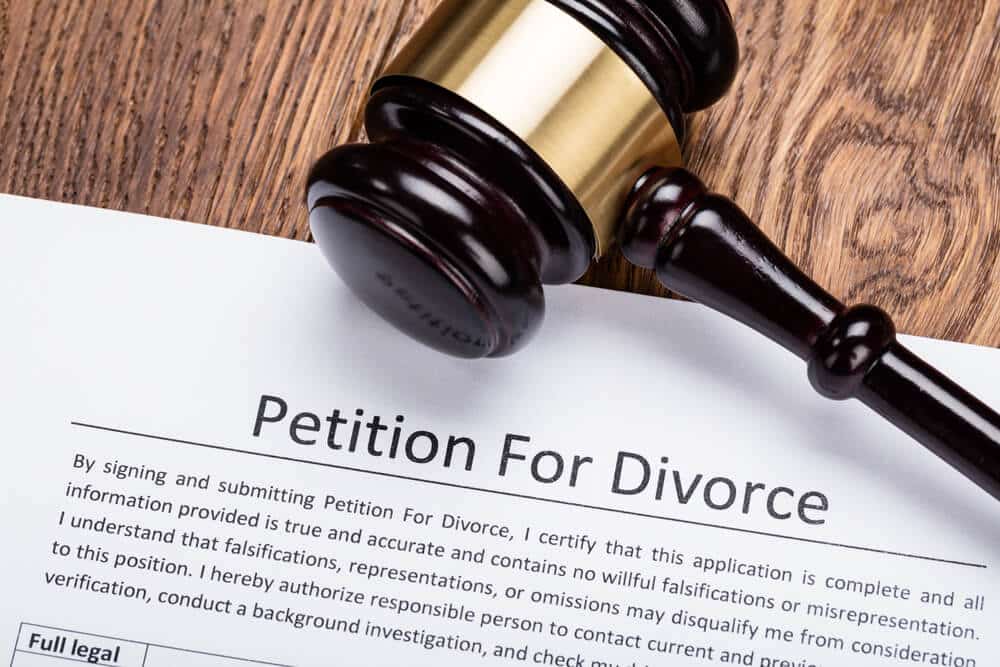
December 22, 2022
If you are facing a contested divorce in Hialeah, you need to know how the process works. Here, our family attorney shares what you should know to navigate this complex legal system.
Read to the bottom to see Family Attorney and founding partner, Nadja A. Prias, explain how a Status Quo Order affects a divorce.
You may think that getting a divorce is simple but it can be quite complex if you and your former spouse cannot agree on terms including division of property, issues involving minor children, and other concerns. Getting the guidance of a family attorney like ours can help you navigate the potentially rough waters of a contested divorce.
What Is A Contested Divorce?
In Florida, a divorce is considered contested when the spouses disagree on dividing assets and debts accrued during the marriage. If minor children are involved, both parents must agree on issues such as time-sharing and parental responsibility.
In a contested divorce, both parties go to trial in front of a judge who will make the decisions regarding the issues in their case. It is best for your case if you hire an experienced divorce attorney to represent you in a contested divorce in Hialeah. Here is how we will go through the process together.
What Is The Process Of A Contested Divorce?
Stage 1 – Filing Divorce Papers – If you are the spouse seeking the divorce, you will file a Petition to the Dissolution of Marriage with the Clerk of Court. If you are the party filing the petition, you are known as the “petitioner.” The spouse being served divorce papers is known as the “recipient” and he or she has 20 days to file a response or an “Answer.” A counter-petition may be filed by the respondent at this time.
Stage 2 – Status Quo Order – Once your divorce case has been filed, there is an administrative order put into place called a Status Quo Order (also called a Standing Pre-Trial Order). This order instructs both parties to maintain the same lifestyle and habits as before the divorce was filed. If you were making certain payments, you need to continue to make those payments. If you were seeing the children on certain days of the week, continue that schedule. Nothing should change until you go to court or a legal agreement with both parties has been reached. Violating this order can result in sanctions including jail time and fines, and it will certainly hurt your case.
Stage 3 – Mandatory Disclosure – In Florida, both parties are required to exchange financial information including signing an affidavit outlining expenses, assets, and debts. The timeline for this phase of the divorce starts at filing and both parties have 45 days to comply.
Stage 4 – Discovery – In this phase, each party’s attorney collects information from the other party. This information can be gathered in the form of written questions, requests for documents, third-party subpoenas for documents, or depositions. Discovery can continue to take place all the way up to your trial date.
Stage 5 – Appraisals – Appraisals are necessary to assess the value of a shared home, other shared property, and in some cases, a business.
Stage 6 – Temporary Hearing – A judge may enter temporary orders on issues regarding parental responsibility, child support, alimony, attorney fees, and use of the marital home. A temporary hearing may take place if either party needs to present evidence to address issues in the temporary order.
Stage 7 – Mediation – Both parties must meet with a third-party mediator to discuss the terms of their divorce case. This is an effort to keep the case from proceeding to trial. If an agreement is made, a mediation agreement is signed, and the mediator files the agreement with the court. The judge enters a Final Judgment of Dissolution of Marriage, after which, the parties are officially divorced.
Stage 8 – Trial Preparation – If no agreement is reached during mediation, the case will proceed to trial. Preparing for a contested divorce in Hialeah is when hiring a divorce attorney pays off. During this phase, your attorney will conduct additional discovery, prepare evidence and witnesses, gather documents, and more. You will meet with your attorney frequently during this preparation.
Stage 9 – Trial – Your case will be heard by a judge and he will make final decisions regarding all issues of your divorce settlement. This is your single chance to present your case and explain why you believe you deserve what you are asking for.
Stage 10 – Appeal – If one or both of the parties want to appeal the judge’s decision, they can present to the Florida District Court of Appeal. Your attorney can help you decide if an appeal is worth it from a cost-benefit perspective. Appeals can be very expensive and lengthy.

Casais & Prias Can Help With Your Contested Divorce In Hialeah
When you find yourself facing a divorce, whether you think it will be amicable or contentious, it is best to hire an experienced family attorney right away. Contact us today to set up a free case evaluation.